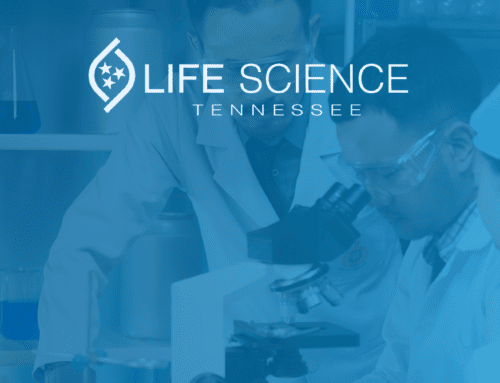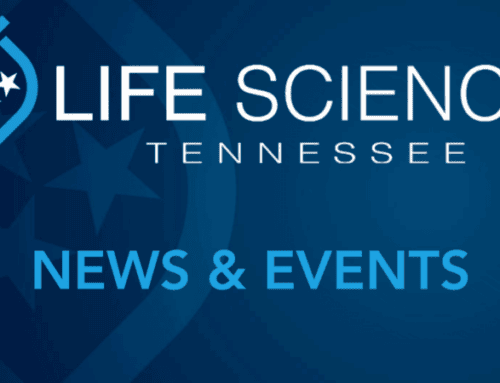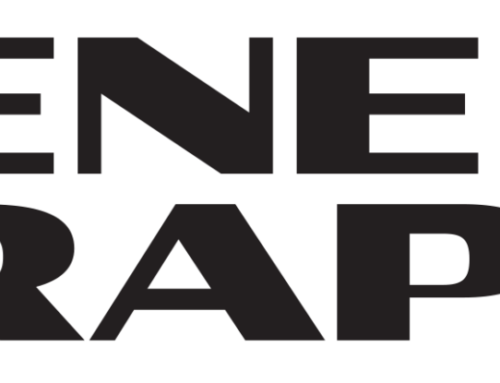In the Volunteer State, Governor Bill Lee announced a $200 million relief program for small businesses impacted by the pandemic. “The COVID-19 pandemic has created immense economic pain across our state and especially among small businesses that faced temporary closure,” Lee said in a statement Tuesday. “As we responsibly steward our federal stimulus money we have worked to quickly prioritize our small businesses.”
Last week, Meharry Medical College President and CEO Dr. James Hildreth said he wants to form a consortium with other HBCU medical colleges including Howard University College of Medicine, Morehouse School of Medicine, and Charles Drew University of Medicine and Science to combat the virus in minority communications. Dr. Hildreth also testified before the U.S. House Ways & Means Committee where he outlined his plan.
Here’s a rundown of the biggest developments and stories related to the coronavirus from the last week:
- The first controlled clinical trial of hydroxychloroquine found the drug did not prevent COVID-19 infection.
- Eli Lilly began the first study of a COVID-19 antibody treatment in humans this week. “We are grateful to collaborate with colleagues at AbCellera, NIAID, and the many academic institutions who have helped us reach this milestone in humanity’s fight against COVID-19—a disease first characterized only six months ago,” said Daniel Skovronsky, M.D., Ph.D., Lilly’s chief scientific officer and president of Lilly Research Laboratories.
- On Monday, BARDA awarded a $628 million contract to Emergent BioSolutions to boost manufacturing capacity for a potential COVID-19 vaccine.
- On Friday, the FDA added a template to its website intended to facilitate submission of requests for Emergency Use Authorization of at-home sample collection kits for molecular diagnostic testing to detect SARS-CoV-2. Meanwhile Quest Diagnostics received approval from the FDA for its self-collection COVID-19 test.A national survey of clinical labs conducted by the Association for Molecular Pathology (AMP) found more than 85% of respondents have seen shortages of testing supplies that hindered their responses to the COVID-19 pandemic. Per a report, the shortage “includes kits, chemicals and reagents for extracting the novel coronavirus’s RNA for analysis as well as the physical materials needed for collecting and transporting samples such as swabs and their containers.”



